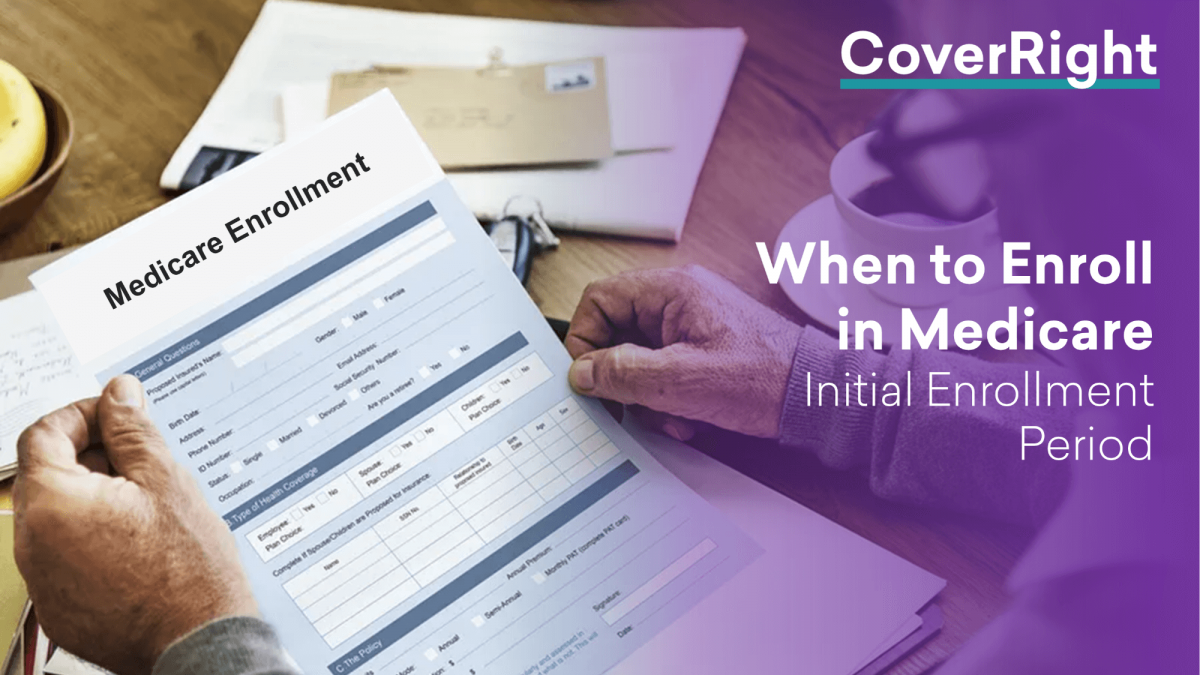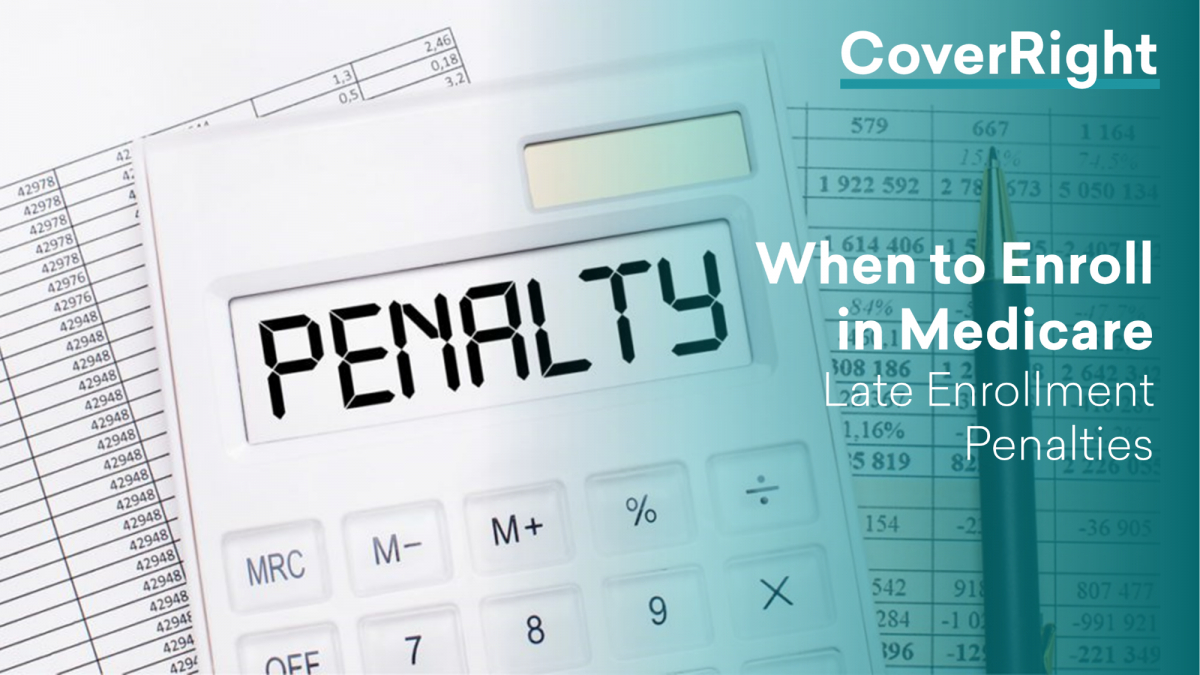If you or your spouse are working past the age of 65, and your employer provides health insurance coverage, it is possible to defer your Medicare enrollment without any penalties:
- You can defer Part A and B without any penalties as long as that employer has more than 20 employees; and
- You can defer Part D prescription drug coverage as long as your employer’s drug coverage is as good as Medicare’s. To find out if this is the case, you can ask your employer’s health benefits administrator.
If you have been paying Medicare taxes for 10 years:
- It’s typically recommended you enroll in Part A as it is free and provides extra coverage behind your employer-coverage, except if you are still contributing funds to a Health Savings Account (or HSA).
- The reason for this is that you may be subject to tax penalties if your Health Savings Account contributions and your Medicare enrollment overlap, since the federal government does not let you contribute to a Health Savings Account if you are enrolled in any part of Medicare.
- If you have a Health Savings Account you should only sign up for Part A enrollment when you cease contributing to it, or lose your employer-provided coverage.
Once you have decided you are retiring and/or leaving your employer-based health coverage, you will need to apply for Medicare Part B as part of a Special Enrollment Period.
- It is generally recommended that you enroll in Medicare no later than 60 days from the end of your coverage to ensure you do not incur any Late Enrollment Penalties.




















